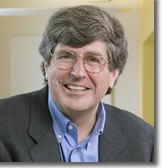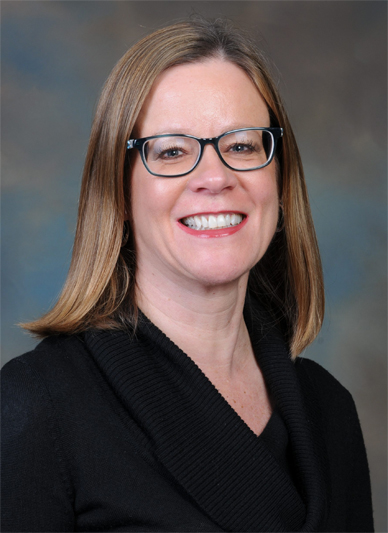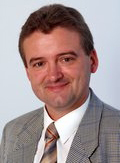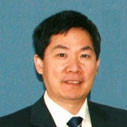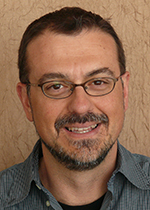We are excited to announce that peer review in Reaction Chemistry & Engineering will be handled by our new panel of expert Associate Editors. Please join us in welcoming these esteemed members of the international reaction engineering and reaction chemistry research community to our Editorial Board:
- Ian R. Baxendale (Durham University, UK)
- Saif A. Khan (National University of Singapore)
- Laura Torrente Murciano (University of Cambridge, UK)
- Haihui Wang (Tsinghua University, China)
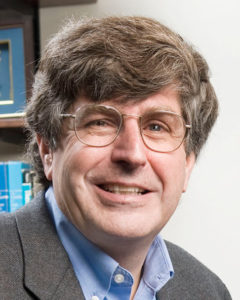
“Reaction Chemistry & Engineering has selected Associate Editors from the chemistry and chemical engineering communities to provide a fast and insight review process for contributors to the Journal. I would like to thank the new Associate Editors for taking on this important role in facilitating top notch research publications bridging chemistry and chemical engineering research.”
Editor-in-Chief Professor Klavs F. Jensen
Our Associate Editors are all now welcoming submissions of cutting-edge research at the interface of chemistry and chemical engineering.
We have collected some recent publications from our new Associate Editors. This papers in this collection are either Open Access, or free for anyone to read until 01 June 2021.
Read our Associate Editors’ articles now
Read on for more information about our new Associate Editors!
Professor & Chair of Synthetic Chemistry
Department of Chemistry
Durham University, UK
Ian Baxendale is a Professor in the Department of Chemistry, University of Durham, UK. He works on the design and implementation of new technologies to enable complex chemical syntheses, including flow synthesis, automated methodologies, microwave reactors and immobilised reagents and scavengers. Ian previously co-founded the Innovative Technology Centre, Cambridge and spin out company Reaxa Ltd with Prof. Steven Ley. He gives teaching lectures and runs lab training for industrial and academic researchers to learn more about his methods, as well as acting as a scientific consultant to a number of companies.
As a Reaction Chemistry & Engineering Associate Editor, Professor Ian R. Baxendale will provide expertise in particular in the fields of:
- Chemical synthesis in continuous flow
- Enabling technologies for chemical synthesis
- Synthesis automation methodologies
Associate Professor & Deputy Head of Department
Department of Chemical and Biomolecular Engineering
National University of Singapore
Saif Khan is an Associate Professor in the Department of Chemical and Biomolecular Engineering at the National University of Singapore, Singapore, and a Scientific Editor for Reaction Chemistry & Engineering, helping to ensure that articles meet the stringent criteria required for publication in the journal. He works on the design and analysis of chemical reactors which perhaps go beyond the familiar – think reactions in bubbles, droplets and foams. His platform of choice is microfluidic systems, which allow the control of transport properties and non-equilibrium conditions for efficient, economical and sustainable chemical synthesis.
Dr Khan was a R. T. Haslam Presidential Fellow at MIT prior to moving to Singapore.
As a Reaction Chemistry & Engineering Associate Editor, Professor Saif A. Khan will provide expertise in particular in the fields of:
- Design and analysis of chemical reactors
- Chemical and biological microfluidics
- Multiphase fluid physics
Reader in Reaction Engineering and Catalysis
Department of Chemical Engineering and Biotechnology
University of Cambridge, UK
Laura Torrente is a lecturer in the Chemical Engineering & Biotechnology Department at the University of Cambridge and an EPSRC Fellow in Manufacturing. She is a member of the UK Catalysis Hub, Energy@Cambridge and the NanoCDT. Prior to this, she was a lecturer at the University of Bath, Research Associated at Imperial College London and worked as R&D Engineer at Repsol YPF (Spain).
As a Reaction Chemistry & Engineering Associate Editor, Dr Laura Torrente Murciano will provide expertise in particular in the fields of:
- Process integration and catalysis
- Synthesis of nanostructured materials
- Energy and sustainable processes
Professor
Beijing Key Laboratory for Membrane Materials and Engineering
Tsinghua University
Haihui Wang is a Professor in the Department of Chemical Engineering at Tsinghua University, China. He works on the inorganic membranes for clean energy and clear environment including membrane separation, membrane reactor, electrocatalysis and batteries. He received the Alexander von Humboldt Fellow in 2003 and got the Distinguished Young Scientist Foundation, National Nature Science Foundation of China in 2012. He was a Fellow of The Royal Society of Chemistry since 2016.
As a Reaction Chemistry & Engineering Associate Editor, Professor Haihui Wang will provide expertise in particular in the fields of:
- Inorganic membrane separation
- Membrane catalysis reactors
- New energy materials
Please join us in welcoming our new Associate Editors!
–Reaction Chemistry & Engineering Editorial Office






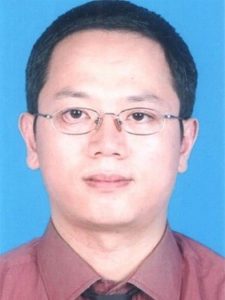










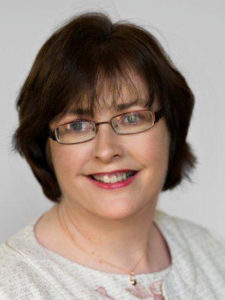
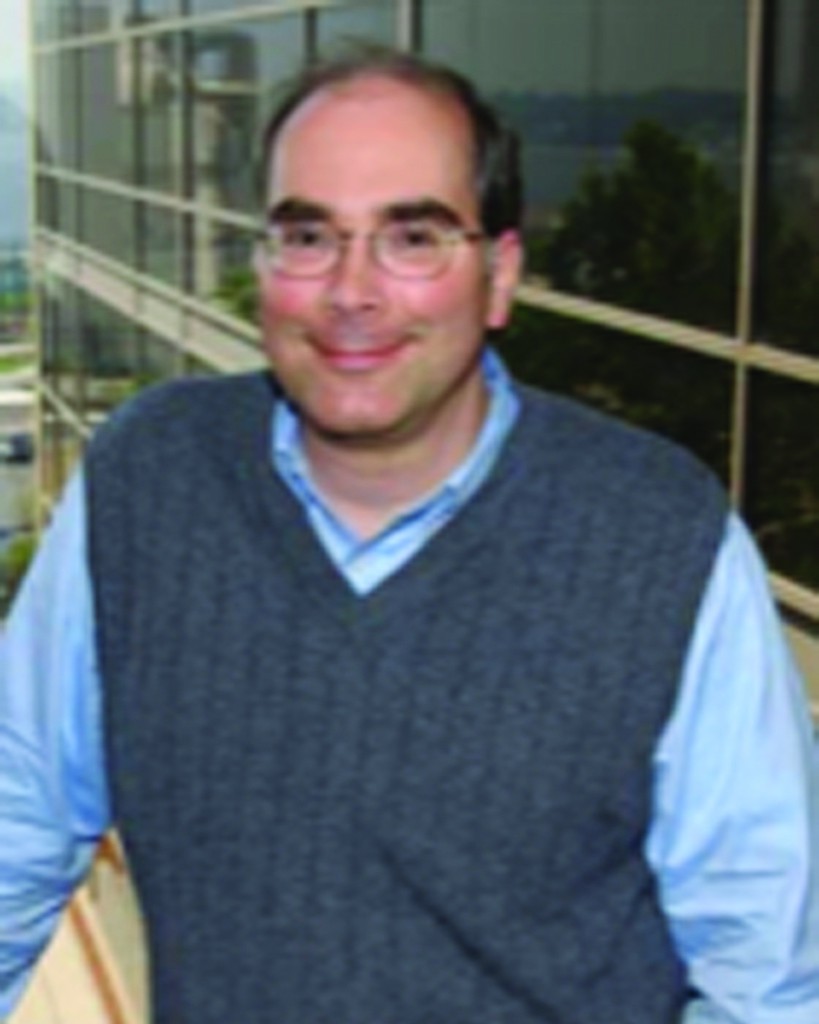
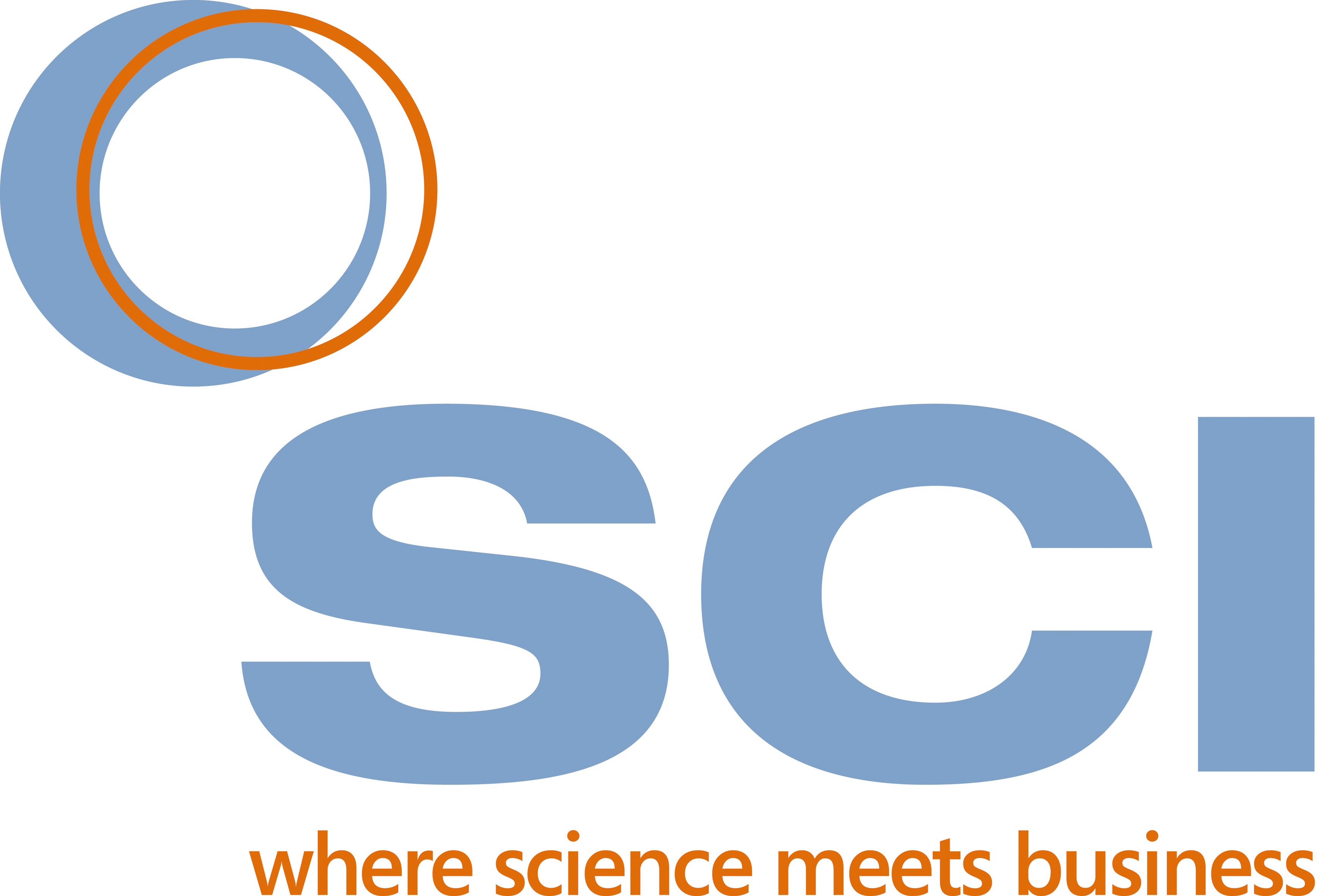
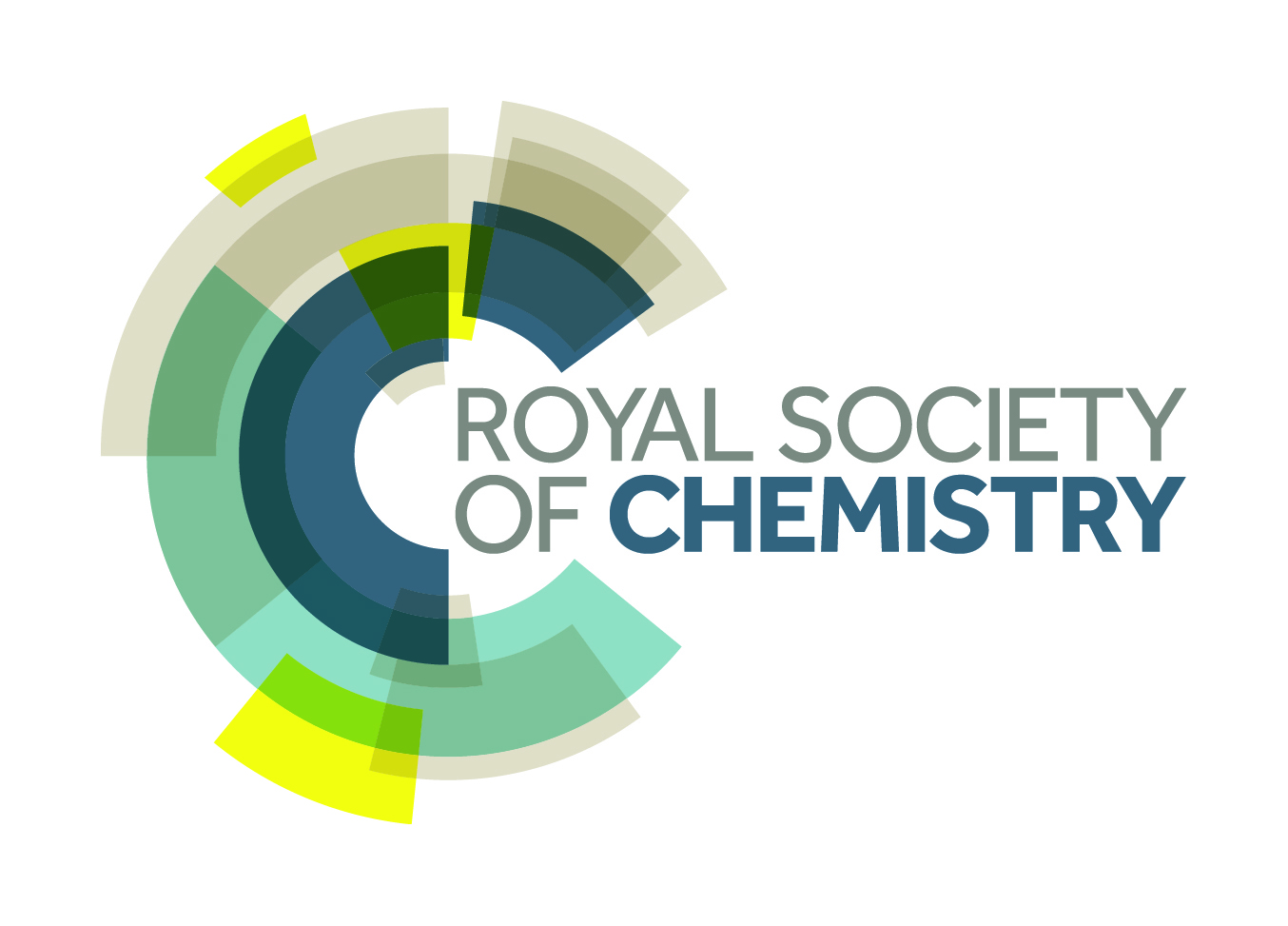
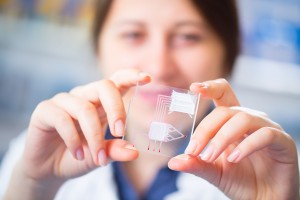
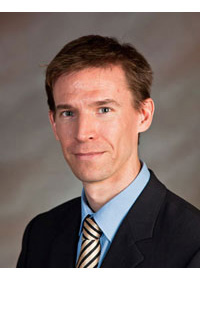 We are delighted to announce that
We are delighted to announce that 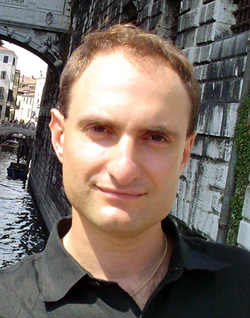
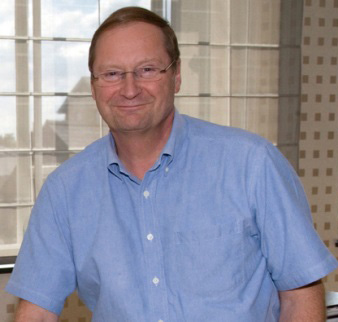 We are excited to announce that
We are excited to announce that 